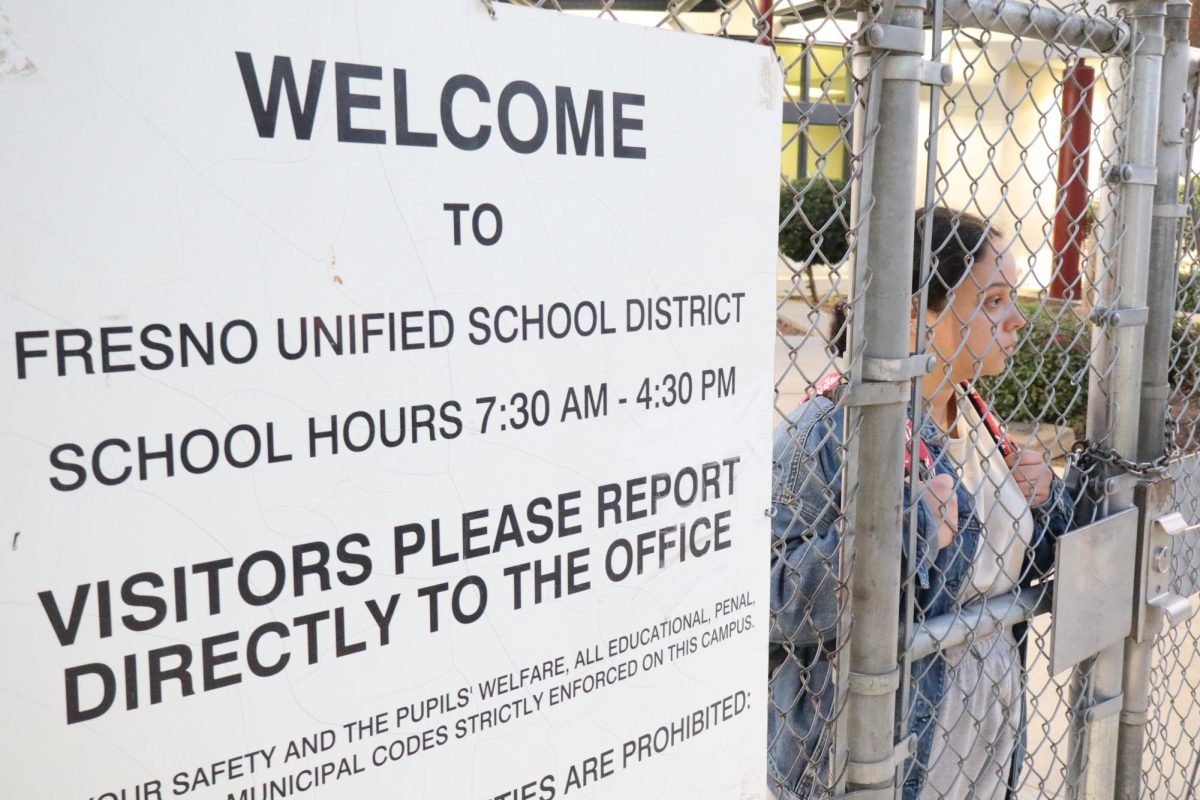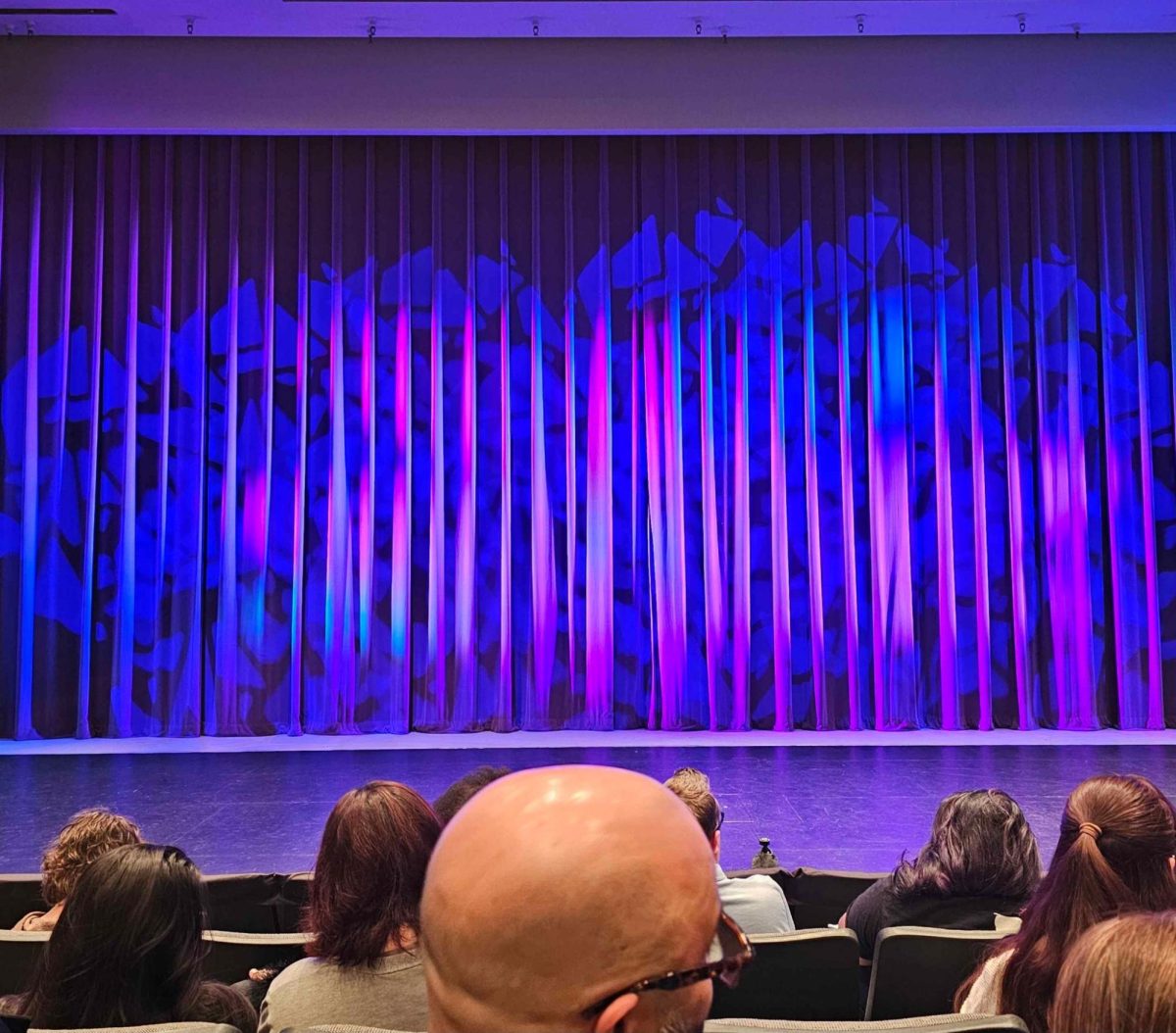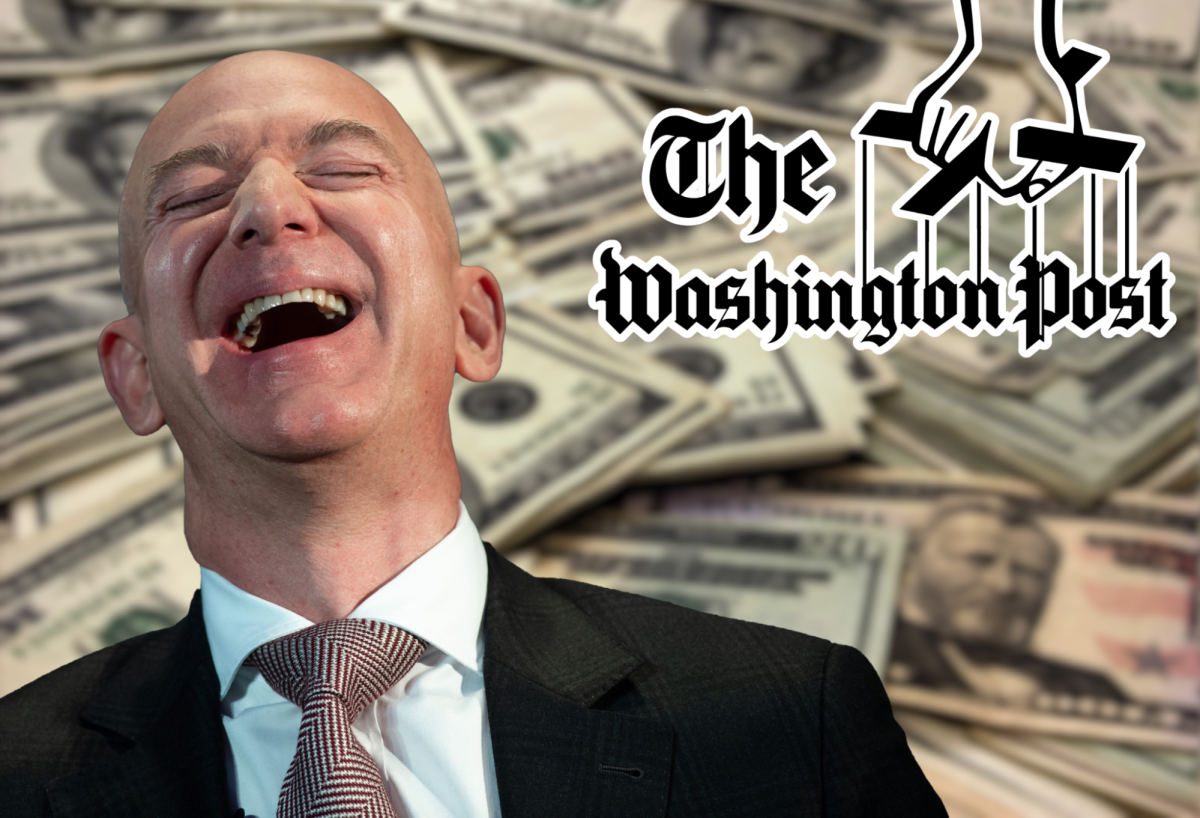Social Networking has impacted every aspect of our lives, from eating and sleeping, to reuniting with classmates and scheduling the next family dinner. It seems as though nothing is outside of the Internet and social networking radii.
Perhaps the most impacted business would be the music industry. When asked about the effects of the new “digital era” of music and social networking, Jamaal Harris, a well known DJ and student at FCC said, “It really took a toll, just like it always takes a toll, but it has made it more attentive to cause producers and listeners get their music online.”
Harris says he is on reverb nation, a social networking site for artists. He has listeners in Atlanta, Georgia and even Florida. Although a large part of the expansion of his popularity radius is due to social networking, he still recognizes the importance of the footwork.
“Before anything, you have to get a buzz in your own city, in your own state, and once you have that buzz in your own city, then you can move on to other cities, and other states,” said Harris.
Although the footwork of a musician’s life is still vital, the internet and social networking is acting as an “adrenal shot” for the time spent for success.
Martin Espindola, another student and new musician said, “Anyone can make music and put it on YouTube or Facebook or MySpace. Plus YouTube has helped people learn faster, and people get famous faster too.”
And it is fast, if you are looking at what it does socially. Fans are more inclined and informed about their favorite artists and artists who are in the same genres, making the radii of musicians and music fans alike all the greater. With artists like Lil Wayne who has over 3 million followers on twitter, and Katy Perry who has well over 9 million followers, it is safe to say that the music industry is a more intertwined and intimate one. But is it a more successful one?
According to the International Federation of the Phonographic Industry (IFPI) January 2011, sales of music in digital form had risen only 6 percent worldwide in 2010, even as the overall music market had shrunk 8 or 9 percent, extending a decade-long decline.
Though the expansion of the internet has helped a lot for the progression of music socially, and provided listeners with a wide variety of musical talents, it has presented another problem for musicians and those on the business end of it all; piracy.
In the same article, the IFPI said, “Jobs are at risk across the creative industries. Independent research in 2010 from Tera Consultants, backed by trade unions, found that 1.2 million jobs could be lost across the creative industries in Europe alone by 2015 if no action is taken to tackle piracy.” Though the growth of digital sales may be a pseudo-comfort for many, when compared to the loss of physical and in-store retail revenue, the growth may not be enough. In short, the growth of the music industry via the Internet and social networking is something to be upheld. However, the dwindling business success rate of that industry is troublesome and could prove to be catastrophic in the future.





